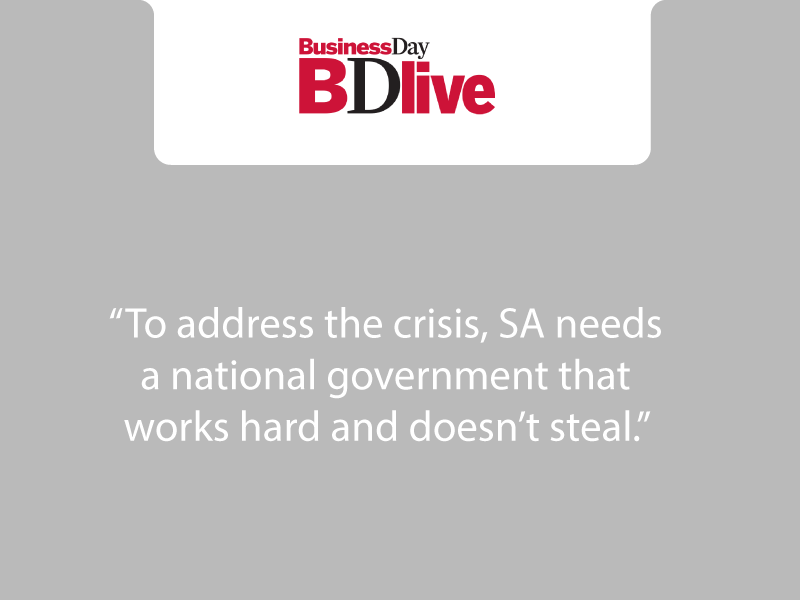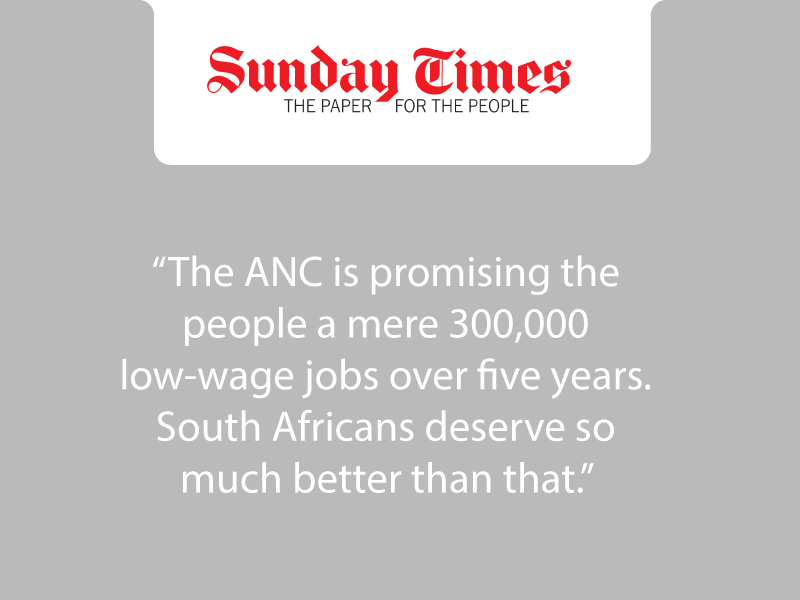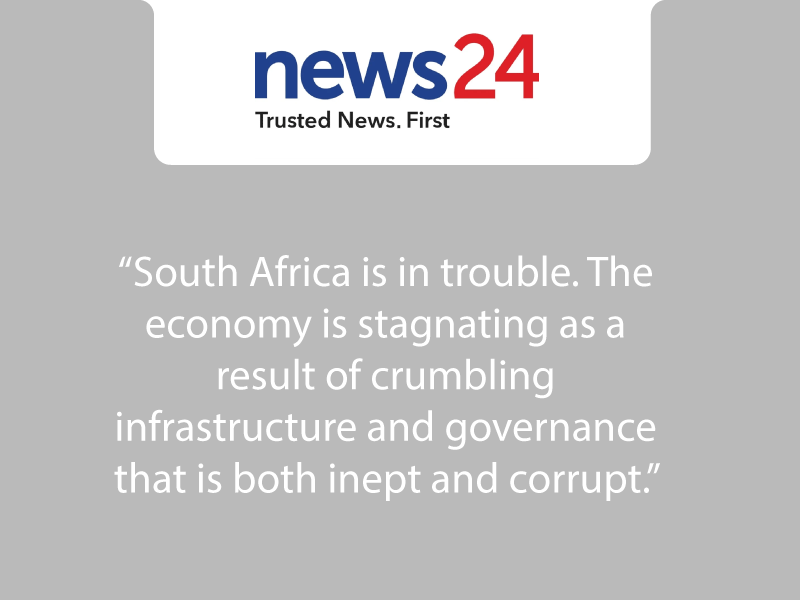
SA’s public schooling system needs fundamental reform. Choice and diversity in a schooling system can improve outcomes. The private (independent) school sector provides this diversity and an alternative way to access quality education. Private schools, especially in low-income communities, are a growing and vital part of ensuring more choice for parents and driving better performance by all schools, public and private. This means that those interested in schooling reform should be concerned about the increasingly disabling policy environment affecting private schooling.
The recent discovery that a few private schools fraudulently obtained and misused state subsidies has created a backlash against private schooling, with the Gauteng education d epartment determined to “tighten up policy weaknesses”. Fraud and corruption are serious problems in SA and must be vigorously combated. Private schools that qualify for subsidies must be accountable for the public funds they receive.
Research into private low-fee schooling in SA indicates that strengthening this sector requires smart regulation and an effective combination of public and private resources. Schools that receive public funding must be held accountable for how they use those funds but smothering all private schools in red tape will block an important way of expanding quality schooling. In the main, adequate regulations are already in place to hold private schools accountable. If these are adhered to, fraud will be prevented.
In 2010, the Centre for Development and Enterprise (CDE) published the results of its research into this innovative area of education. By showing that low-fee private schools exist in surprisingly large and fast-growing numbers in and around townships, inner cities and remote rural areas, the findings dispelled some myths: that private education is only for the rich and that most low-fee schools are run by crooks. Quality does vary, but ample evidence was gained of dedication on the part of “edupreneurs”, who establish and run schools, by teachers who work hard and for lower salaries than their public counterparts, and from parents and pupils whose desire for quality education has created this expanding market and drives accountability for results and standards. Many such schools provide choice for parents and pupils and the kind of competition and accountability that could be a spur to self-renewal in the public system.
What needs to be done to expand access to quality education in the private school sector? The experience in countries as diverse as India, Brazil, Pakistan, the Philippines, Chile and elsewhere gives food for thought.
India has adopted one effective way of assessing the output of all schools against a common standard. Its open school system allows pupils to study anywhere they choose, including at home, and to write a certificate examination at the end of class 3, class 5, class 8, class 10 and class 12. In this way, government bureaucracies ensure uniform standards without dictating how schools achieve results. At the same time, the system provides parents with information they can use to assess the quality of schools.
The Delhi-based Centre for Civil Society is demonstrating through a pilot project that an education subsidy, given directly to very poor parents, can be managed effectively and generate tangible benefits. These include better performance at school, more involvement of parents in their children’s schooling and a greater willingness among parents to spend money on their children’s education.
Private sector providers of education in India offer continuous professional development services from centres near clusters of private schools; send graduates from the best local universities to low-fee schools on a rotational basis; set up “information technology classrooms”; and use the “due diligence” reports on schools provided by education service providers as a way to assess the creditworthiness of schools. The providers of education services identify the good schools and provide assurances that they will not default on loans. Within this system, a large international bank advanced $500000 and committed itself to granting loans to 50 schools for the poor within two years. According to the bank, no school defaulted.
In the Philippines, an a ccreditation f ederation has been set up comprising different school accreditation boards. Each of these boards has to meet certain standards, after which they are allowed to accredit private schools under their jurisdiction.
In Pakistan, the Punjab Education Foundation is an autonomous, statutory body responsible for private, not-for-profit schooling. The foundation runs a range of government-funded programmes, including voucher schemes and teacher-training programmes; disperses public funds to private schools for the poor; and monitors them. This illustrates the advantages of governments establishing privately run, autonomous statutory bodies focus ed on the needs of private schools and deriving their legitimacy from the schools’ success.
Increasingly, companies all over the developing world are entering the education business by setting up school chains. They have the capacity to set up administration systems for large numbers of schools and develop a central curriculum and teaching and learning materials that are available at cheap unit cost to the chain’s schools.
These examples could motivate the government, private players, parents and civil society organisations to play distinctive roles in helping to design and implement a more favourable dispensation for quality, low-cost private schools in SA.
Ideally, such a dispensation would promote the expansion of better quality private schools and encourage public school improvement through competition.
With these goals in mind, more decision-makers in the government could engage with practical ideas from other developing countries and collaborate with private partners on their implementation. Private sector organisations could explore the establishment of a special loan facility at a favourable interest rate, and with a lenient repayment schedule, which private schools could access. Private funders could also help introduce more efficient business models, such as school chains. Parents and community organisations could provide sustained pressure to promote school choice and improve the quality of education available to the poor.
International experience shows that the regulatory environment can facilitate or inhibit the development of innovative, low-cost private schools. Creating a simpler and more equitable regulatory environment for private and public schools would allow more private schools to be established and grow in response to community demand. They could provide access to underserved pupils while still being held accountable for quality education by their users and government performance targets. Providing parents with schooling choices will encourage an environment that can drive better quality and performance in public and private schools. Increased state funding for children in low-fee private schools will enable these schools to sustainably serve even poorer communities. This will require more effective use of education budgets and would be a cost-effective way to raise educational outcomes.
- Ann Bernstein and Stefan Schirmer are with the Centre for Development and Enterprise.




